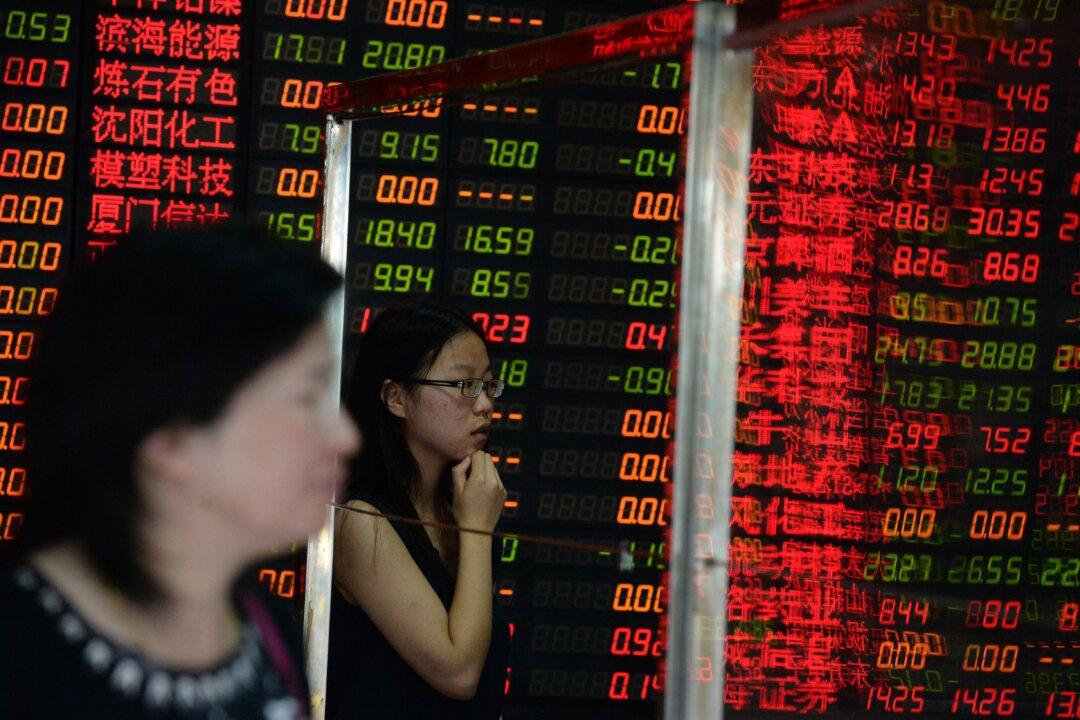Recent gyrations in China’s stock market have caused anger, fear, and in some quarters, deep reflection. The personal experience of one young woman—she blogged under the moniker “Little Green Mulberry”—caught the attention of internet users recently. She wrote about how she got into speculating in stocks, allured by the promise of quick gains, then how she suffered badly in the markets, before coming to the realization that trying to get rich quick is a fool’s game.
An abridged translation of her account follows.
While on holiday abroad in 2011, I noticed several middle aged men in my tour group monitoring stocks on their cell phones. With furrowed brows, they traded bad experiences playing the markets.
They are not even enjoying their holiday, I thought scornfully. What’s so great about stocks?
My thinking started to change during a trip to the hairdresser’s in February.
“The stocks are going up; which one did you get?” my hairstylist asked in a discreet manner. I drew a blank.
“You’re an educated person,” he said mockingly. “How can you not be interested in the bull market?”
I returned the following month to find my hairstylist cursing himself for not investing in Internet television company Letv’s stock. “It’s rising 10 percent everyday,” he lamented.
How much did you invest? I asked. 50,000 yuan, he replied. And how much have you made? Not much, only 20,000 yuan, he said. That’s not bad, I thought.
After a restless evening and a chat with a friend who profited from trading, I decided to start investing. The next day, I opened a trading account with a securities company while surrounded by uncles and aunties shouting “up” or “down.”
I won’t be like them, I thought. I will calmly and rationally face the fluctuating markets.
I downloaded the stock trading software, picked up stock market terms and China’s trading initiatives, and started to pay more attention to these words when they appeared in the finance pages of newspapers.
The Letv stock my hairstylist mentioned was still doing well, making over 5 percent daily. Trusting my financial acumen and feeling confident that I would be a capable trader in the future, I rushed in to invest. A friend warned me of the dangers of joining the stock bubble, but I told him angrily: “I'd rather lose money than opportunity.”
Since then, the fate of the Letv stocks consumed me. It became routine for me to be seated in front of a computer at 9 o'clock sharp to monitor the stock markets. I worried about stocks all day, constantly checking stock updates on my cell phone, and feeling anxious at the slightest change. Several times I left the gym for home early because I got angry that my stocks were falling.
I started browsing news about the stock markets automatically, and even felt that CCTV News wasn’t so bad anymore. I too began to consider anyone who talked about stocks as a fellow traveler.




